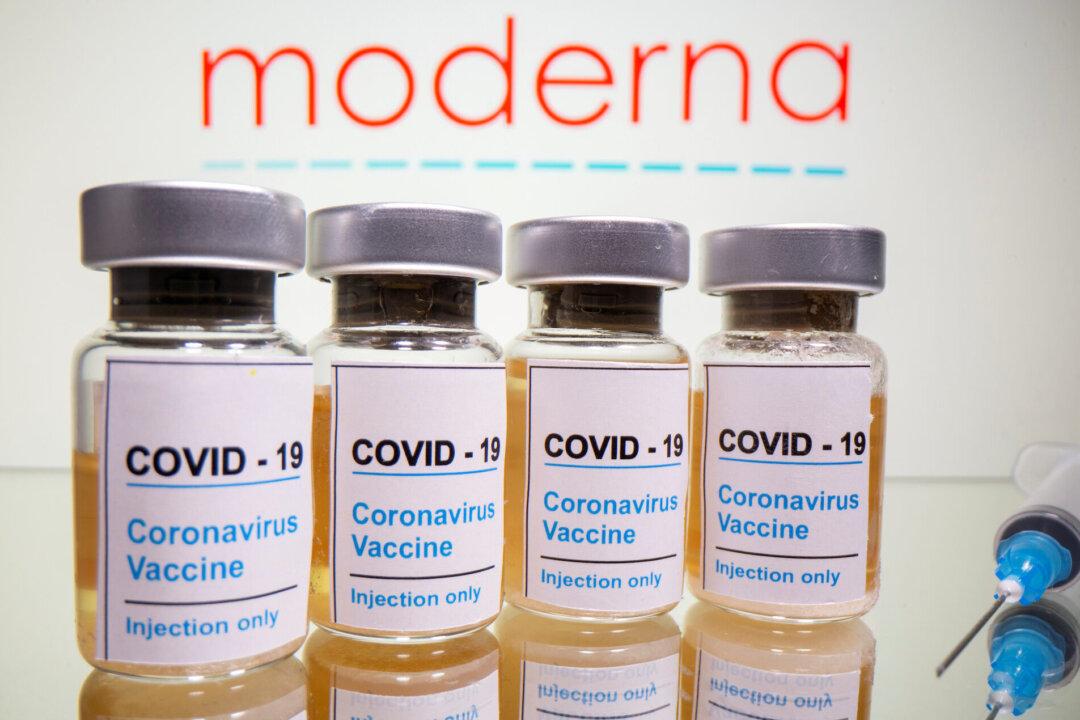Moderna announced on Jan. 25 that it had developed a new CCP virus vaccine to combat a new South African variant of the virus, with plans to advance it into a phase one study.
“Out of an abundance of caution and leveraging the flexibility of our mRNA platform, we are advancing an emerging variant booster candidate against the variant first identified in the Republic of South Africa into the clinic to determine if it will be more effective to boost titers [antibody levels] against this and potentially future variants,” Moderna’s Chief Executive Officer Stéphane Bancel said in a statement.






